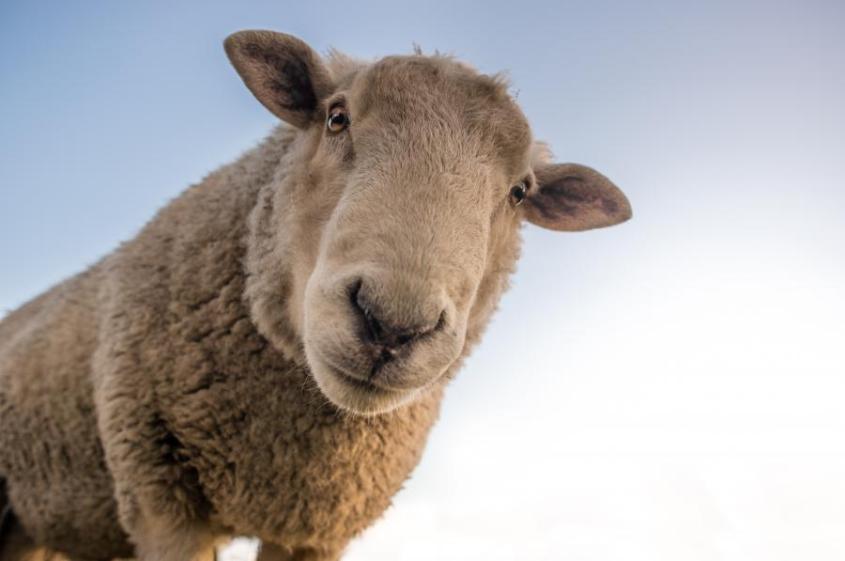Your scheduled visit to the Ophthalmology Service at the Cornell University Nemo Farm Animal Hospital begins when you pull up to the circular driveway in front of the large animal hospital. Please park your vehicle in the driveway, come into the reception area and check in at the front desk. After a small amount of paperwork, a technician or student will help you unload and walk your animal to its assigned stall.
Often times, you may leave your vehicle and trailer right in the driveway but, if the lot is full, the receptionist will provide you with a parking pass and directions to nearby longer-term parking where overnight parking for trucks and trailers is also available.
After your vehicle is parked, a technician and student will work together to conduct an examination of your animal and ask you questions about the animal's past medical, surgical, travel, vaccination and worming history and current health. In the course of this examination, several tests are usually performed, including measurements of tear function and eye pressure and staining the eye with one or more ocular surface stains. Sometimes, animals who do not cooperate during the exam need to be sedated. If this is the case, a resident or ophthalmologist will prescribe sedation.
Next, the student will administer eye drops to dilate the pupil; just as in your own eyes these drops take 30 minutes or more to take effect. During that time, the student will leave to report their findings to a resident or faculty member, to analyze the results of the routine tests and to refine plans to further diagnose and treat your animal's eye condition.
The student will return to complete the dilated portion of the examination. The ophthalmologist will have joined you by this time and will perform a second, comprehensive examination that will include a discussion with the students and residents during or after the exam; the clinician will also discuss all of the findings with you. Additional students and residents may be present and observing during this portion of the examination. This evaluation will take 1-2 hours. We appreciate your patience and understanding in allowing our veterinarians-in-training (perhaps your future veterinarian!) to interact with you and your pet.
Working together with you, a plan for further diagnosis and treatment of your animal will be developed. Patients that require surgery or advanced tests will often be admitted to the hospital at the conclusion of their initial appointment (patients admitted for surgical procedures often need to remain hospitalized for several days or longer). Patients with conditions that do not require hospitalization will be discharged with detailed written instructions and a summary of the exam findings. A copy will be faxed to your veterinarian.



